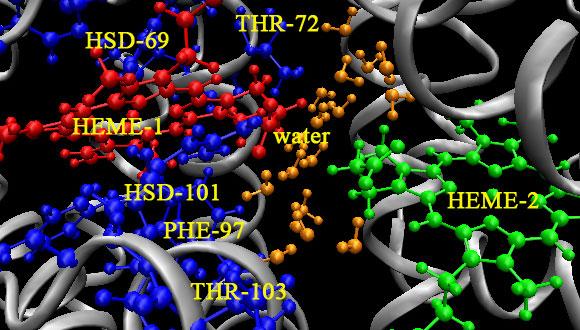Chemical Physics Seminar: The Thermodynamic Approach to Density Functional Theory
Nathan Argaman, NRCN, Israel
Abstract:
Density Functional Theory (DFT) is the method of choice for calculating the properties of a very wide variety of atomic, molecular and crystalline systems. Traditionally, it is introduced as a theory for ground states, based on a reductio ad absurdum argument.
This is a rigorous approach, but encounters difficulties, e.g., the v-representability problem. In this talk, an alternative route will be presented: the foundations of DFT (the Hohenberg-Kohn theorems and the Kohn-Sham approach, suitably generalized to finite temperatures) are derived by applying the principles of thermodynamics to inhomogeneous systems. The ground-state theory is recovered in the zero-temperature limit, and an analytic expression (the adiabatic-connection formula) for the exchange-correlation functional is derived [1]. It is shown that the ground-state properties of an interacting system sometimes require consideration of a non-interacting system with ground-state degeneracy and fractional occupations [2]. This approach allows one to digest the formalism without difficulty, and to focus attention on the physical approximations which are eventually introduced in order to perform practical calculations, approximations of the exchange-correlation functional.
[1] N. Argaman and G. Makov, "Density Functional Theory – an introduction," Am. J. Phys. 68, 69 (2000).
[2] E. Kraisler, G. Makov, N. Argaman, and I. Kelson, "Fractional occupation in Kohn-Sham density-functional theory and the treatment of non-pure-state v-representable densities," Phys. Rev. A 80, 032115 (2009).


